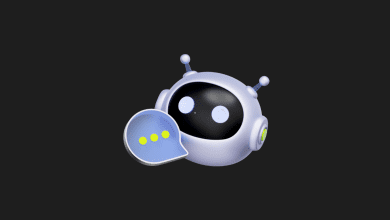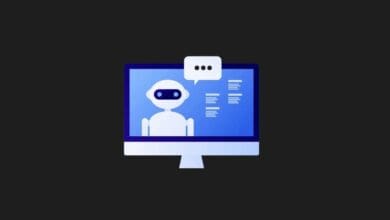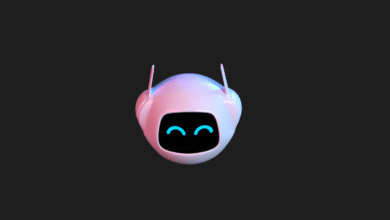What is Artificial Intelligence?
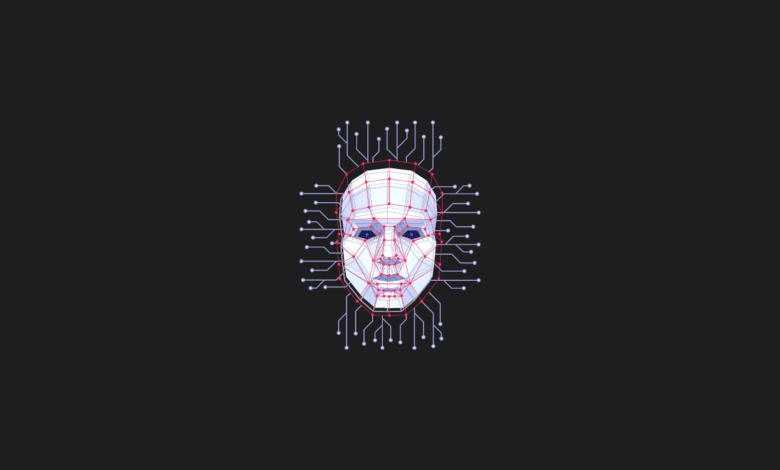
Artificial intelligence constitutes a comprehensive system and hardware that enable computers to mimic human behavior, think, reason mathematically, and possess capabilities such as sound detection.
These days, discussions surrounding artificial intelligence are abundant.
While some experts regard this innovation as potentially perilous for the future of humankind, others believe that artificial intelligence will pave the way for a far more habitable world. Thus, the question arises: What exactly is artificial intelligence, and more importantly, does this technology pose a threat to our future?
Indeed, to understand artificial intelligence, it must be evaluated at various points within the overarching system. Artificial intelligence, by its nature, is not something that can be singularly defined or understood. Although a rudimentary definition can be offered, a holistic explanation brings various other concepts into the discussion. Notably among these concepts are deep learning and machine learning, both of which should be comprehended thoroughly.
What is Machine Learning?
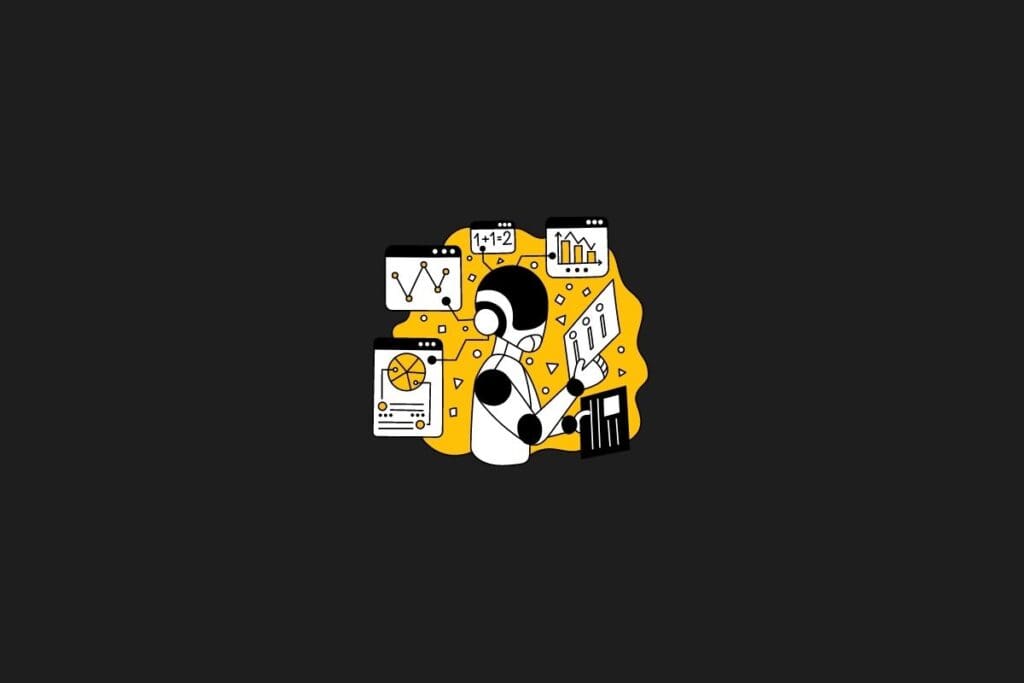
Machine learning, a type of algorithm, allows electronic devices to generate logical outcomes based on the available data. In essence, a computer can create new numerical data by employing all the numerical values it can access. This represents direct learning from the device itself. Considered as part of artificial intelligence, machine learning also encompasses deep learning.
What is Deep Learning?
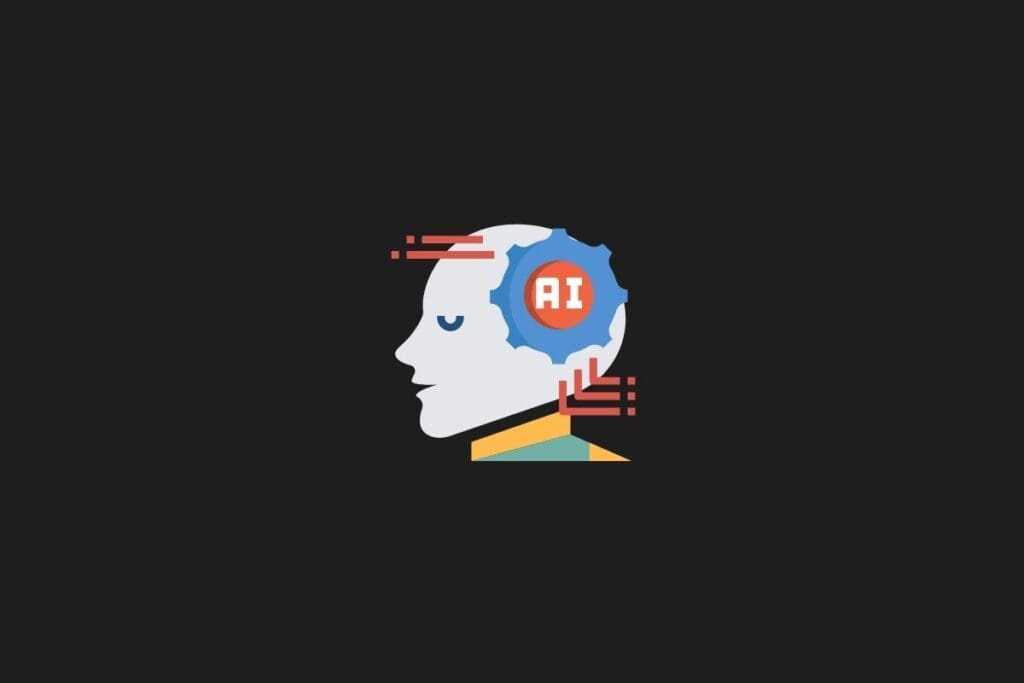
Deep learning, distinct from machine learning, is inherently self-defining. Starting with an example to describe this technology offers a clearer explanation. In machine learning, the device utilizes existing data to glean new data, while in deep learning, the device formulates its own rules. That is to say, the device, once it fully comprehends an object, fosters an understanding akin to the operation of brain neurons.
Where Is Artificial Intelligence Used?
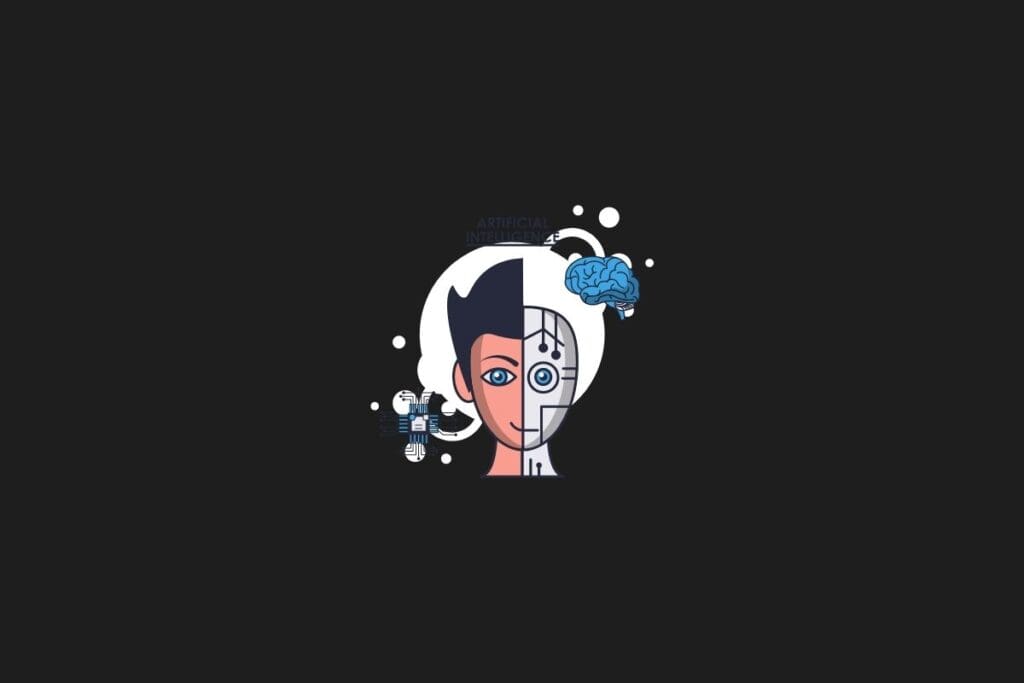
Artificial intelligence, applicable in production technologies, can also be chosen in sectors such as education, entertainment, healthcare, and the defense industry. With an application powered by artificial intelligence, students’ knowledge can be more clearly understood.
Similarly designed applications are used in the military, enhancing defensive capabilities. In healthcare, artificial intelligence can provide insights on critical issues such as diagnosis.
Undoubtedly, Tesla, a company that heavily invests in artificial intelligence, can’t be overlooked when discussing this technology. The company leverages systemic integrations in its automobile models, enhancing travel safety. These vehicles, which instantly process traffic flow, can swiftly respond in case of an accident. At this juncture, image processing technology becomes crucial, enabling a certain degree of alignment with the behavior of other drivers on the road.
Is Artificial Intelligence Threatening the Future of Humanity?
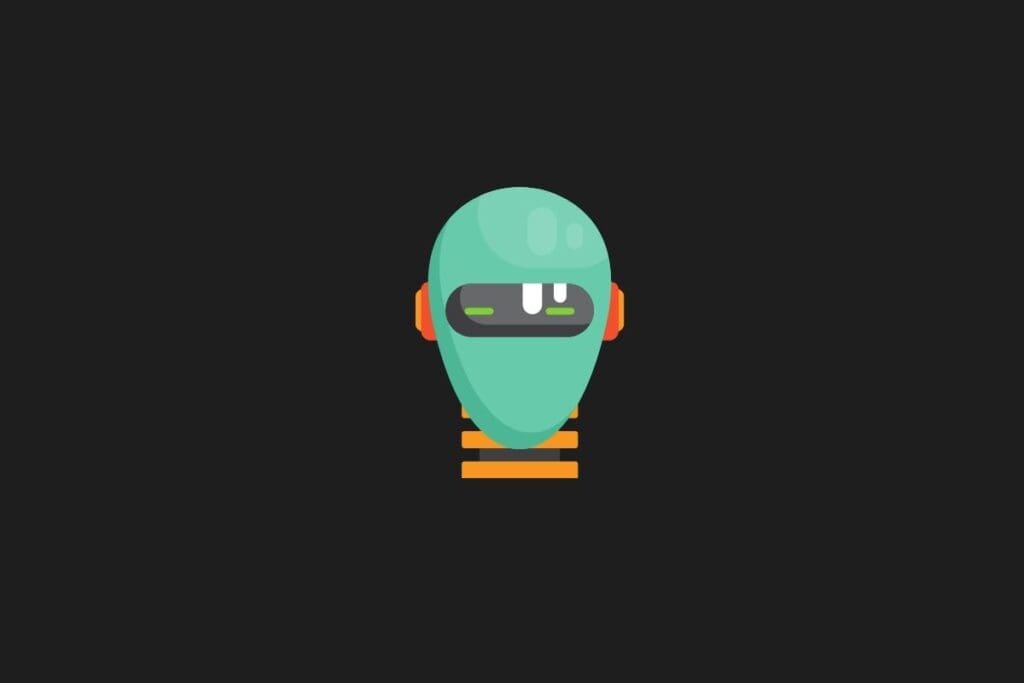
For a long time, when people think of artificial intelligence, robots have often come to mind. Thanks to the influence of the film industry, it has become common for theories of artificial intelligence robots taking over the world to dominate our thoughts.
When the topic of artificial intelligence arises, discussions about the future of humanity are inevitable. It is crucial to consider how technology will be wielded by human hands. It is true that artificial intelligence can be utilized for malicious purposes.
However, with controlled development, we can create a healthier and more educated world. This can make the survival of humanity safer rather than endangered.
The key point lies in how we use artificial intelligence. By analyzing user internet behavior, we can develop political policies and systems that can assist educators. The safety of artificial intelligence actually depends on how it is employed, and it is directly related to its usage.
What kind of world awaits us in the future?
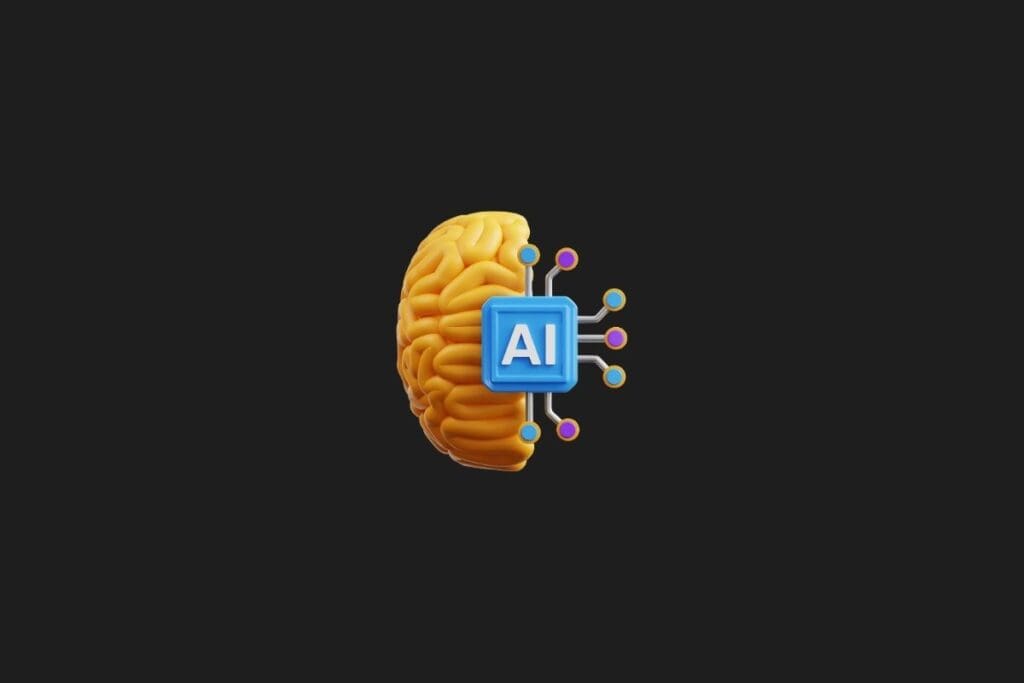
The advancement of artificial intelligence has become unstoppable, and this has sparked our curiosity about the future world that awaits us. The portrayal of artificial intelligence in big-budget movies often raises questions about its potential to extend human lifespan.
Particularly in the healthcare field, the use of robots can lead to a decrease in error rates. Assistants integrated into homes can also simplify daily tasks, contributing to a safer living environment akin to Tesla’s innovations.
In recent decades, the development and production of AI-based applications have taken off. Artificial intelligence has become an integral part of various sectors, including tourism, finance, automotive, and production. It has seamlessly integrated into our lives, intertwining with other systems.
Artificial intelligence has prompted the formulation of numerous theories about the future, captivating and provoking thoughts. Its ability to think and act like a human lies at the core of this fascination, exemplifying the remarkable capabilities of technology.
Is Artificial Intelligence Dangerous?
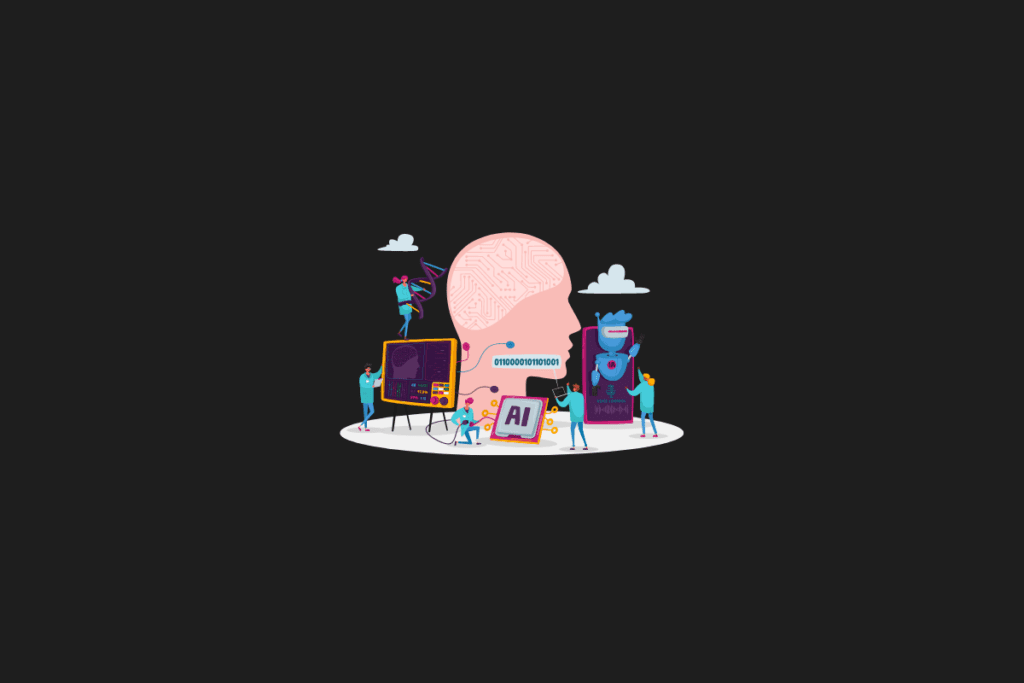
Contrary to various opinions, it cannot be categorically stated that artificial intelligence is inherently dangerous. Ultimately, this technology is shaped and controlled by human hands, making it a controllable tool. However, past theories, movies, and TV shows have unfortunately propagated the notion that technology is perilous.
Content in the realm of science fiction aims to captivate audiences and generate profit, and should be considered separately from real-world technological developments.
Artificial intelligence is currently employed in numerous domains. It can be found in smartphones, computers, applications, and online services. By enabling smart devices to deliver faster and more effective performance, artificial intelligence caters to user preferences and behaviors, providing an enhanced user experience. Its expanding use raises questions about what artificial intelligence is, how it should be utilized, and whether it will dominate our lives.
Artificial Intelligence Today
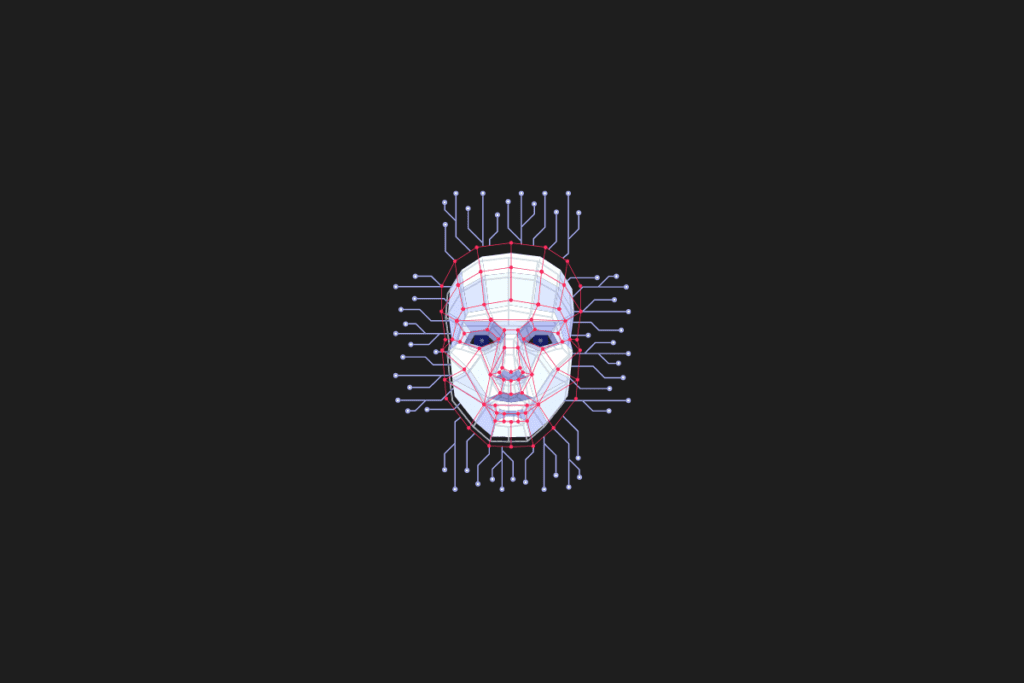
Voice assistant services, which are now prevalent on many smartphones, are primarily built on artificial intelligence systems. This allows the assistants to deliver more effective user experiences.
Companies like Google, known for their advancements in this field, employ artificial intelligence in search results and data analysis. By reducing the need for human resources, such systems are utilized in various site selections, resulting in faster, more efficient, and cost-effective processes.
In addition to voice assistants, artificial intelligence is making its way into various domains, including automobiles, enhancing their intelligence. Self-driving vehicles, capable of traversing from one location to another without a driver, offer convenience for both drivers and passengers.
This development also minimizes the margin for human error, contributing to improved and facilitated human life. Artificial intelligence has become instrumental in optimizing various aspects of our lives.



